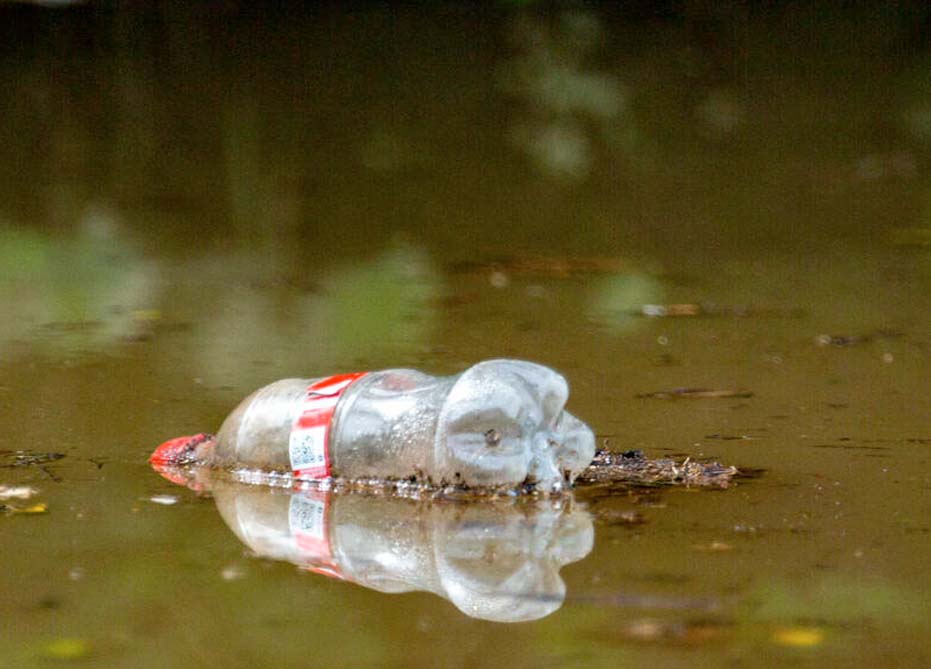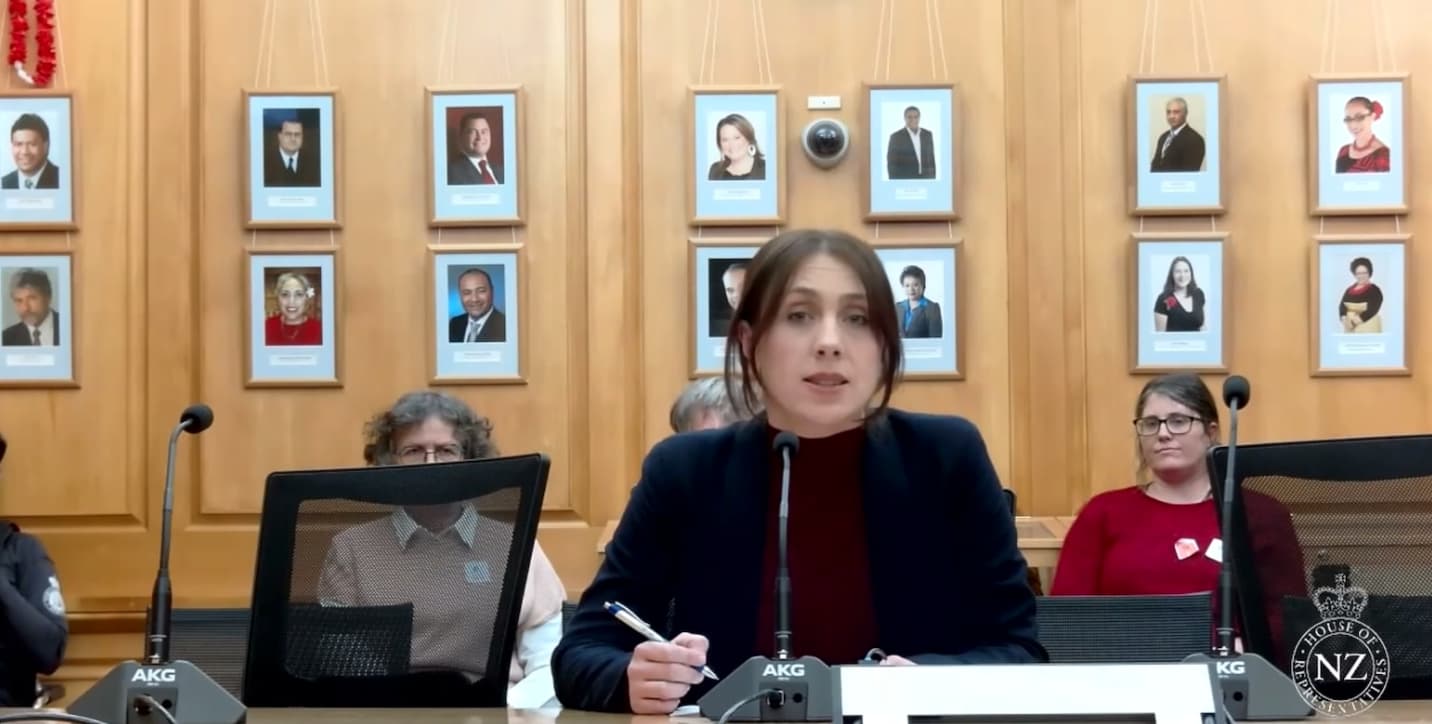This guest blog was written by Julia Singhal. They are an anaesthetist in Otautahi, Aotearoa and has worked in various healthcare systems all over the world.
The healthcare sector is largely escaping scrutiny for favoring single use plastics.
There are many reasons and myths that have driven this. Notably these are around infection prevention and control (IPC); the now historical scare with Mad Cow Disease in the United Kingdom and more recently the COVID pandemic.
Healthcare professionals and supporting staff have become used to single use, equipment and devices that get used once, collected in special clinical waste for autoclaving and then buried in double lined and capped “sanitary” landfills. It is estimated that thousands of tonnes of plastic is disposed of in this way each year by New Zealand’s Health service.
The catastrophic effect of plastic onto the environment is long proven and described in Plastics, the environment, and human health:current consensus and future trends, the genevaenvironmentnetwork.org, as well as more specific for healthcare Cleaning up plastics in healthcare waste: the transformative potential of leadership.
Toxic leachate from plastics and their production have been associated with adverse effects in the human population such as reproductive abnormalities, carcinogens, not to mention the effects on wildlife.
Trying to do the right thing is massively hard.
Driving the transition from single use to reusables from the shop floor feels like a massive uphill battle. Healthcare staff face many obstacles trying to change to more environmentally sustainable products due to the complexity of procurement processes and the sheer number of stakeholders involved. Nevertheless, staff initiatives have resulted in many small wins that have led to significant savings for the health care system.
For example, the operating theater departments have saved hundreds of thousands of NZ dollars by reusing anesthetic circuits, changing procedure trays to reusable or biodegradable options, using high quality reusable barrier linen rather than single-use plastic surgical drapes and gowns, right down to paper cups and straws and just being careful to avoid opening unneeded items. This said, much of the public healthcare sector still relies on individual staff efforts in unpaid time to promote these initiatives.
Reusables don’t only reduce cost and carbon.
Reusable options almost always save money, over the long term, as well as being low carbon and minimizing the waste of plastic and other precious resources. However, the benefits do not stop there. Having reliable reusable items in circulation also increases our resilience against the now common problem of supply chain disruption. And the reprocessing and maintenance requirements creates opportunities for the expansion of local expertise and jobs.
Where will the drive come from?
The manufacturers and suppliers sit in a difficult spot, balancing their profits for shareholders, within our current markets, with doing the right thing. It is fantastic to see that most (medical) companies now have excellent statements and pledges on their websites and are engaging with ESG (Environmental, Social and Governance) and carbon reduction initiatives. However, this is not resulting in any change in the products that we are offered. This brings us to some big questions around the economic, political and corporate drivers.
What is the role of increasing carbon taxation and extending product stewardship legislation?
Will this require international consensus? A great example of a high-level driver is the NHS England’s sustainable supplier road map. They have pledged that, come 2025, they will no longer do business with any company that isn’t fully committed to net zero.
Primum non nocere – first do no harm
It feels quite ridiculous that we are trying to look after the health of our community, now and into the future, whilst, at the same time, we are contributing to the climate and environmental crises, that is causing a mass extinction of non-human species and is the greatest threat to the health and existence of our own species.
We really need strong leadership from the government mandating single use plastic reduction. Sustainability should be on every agenda and mandatory sustainability officers would help pave the way for national down to individual efforts. We want to do the right thing and we want to be enabled to serve our communities!

Call on the NZ Government to stand firm and support a strong global plastics treaty.
Take Action


